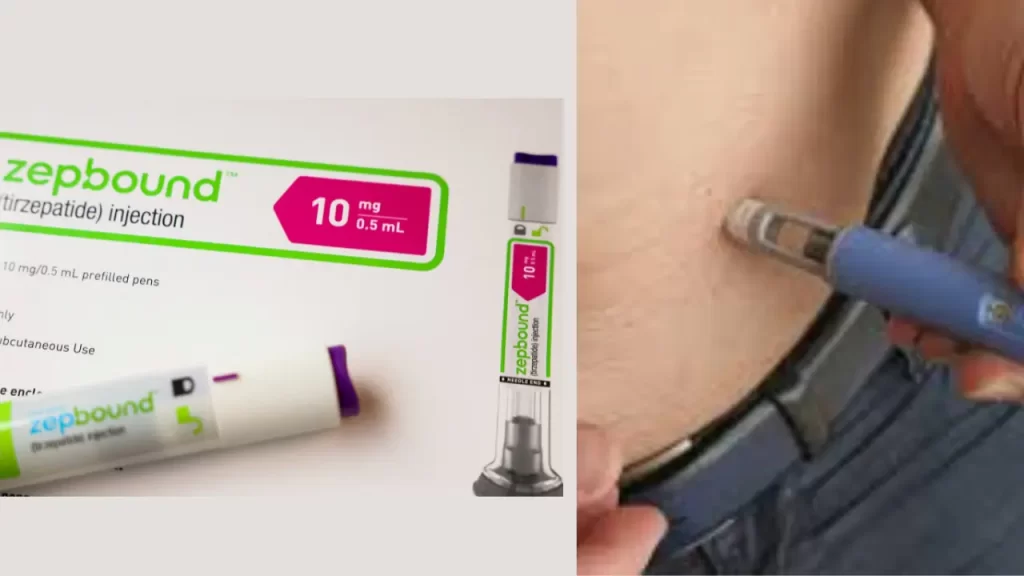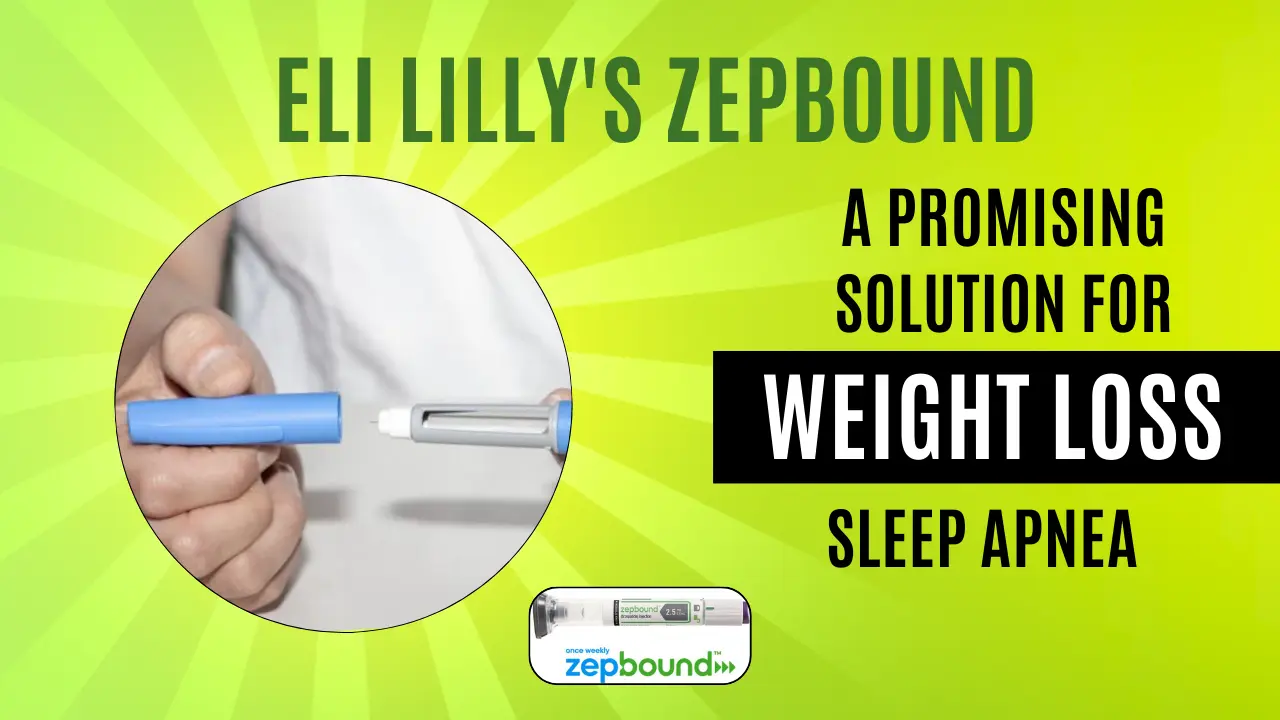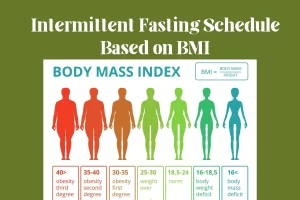Eli Lilly Zepbound
Table of Contents
Eli Lilly Zepbound
Eli Lilly Zepbound – In recent years, the prevalence of sleep apnea has been on the rise, affecting millions of individuals worldwide. This condition, characterized by interruptions in breathing during sleep, not only leads to daytime fatigue and reduced cognitive function but also poses significant health risks such as cardiovascular disease and diabetes.
Fortunately, advancements in pharmaceutical research have led to the development of innovative treatments aimed at addressing both sleep apnea and obesity, two conditions often intertwined.
One such breakthrough comes from Eli Lilly and Company with their novel weight loss drug, Zepbound, which has shown promising results in reducing sleep apnea severity. Let’s delve into the details of this groundbreaking development and its potential implications for individuals struggling with these health concerns.
What is Eli Lilly Zepbound?

Zepbound, Eli Lilly’s latest offering in the realm of obesity management, has garnered attention for its dual action in promoting weight loss and improving metabolic health.
The drug operates by targeting key neurotransmitters in the brain involved in appetite regulation, helping individuals feel fuller while consuming fewer calories. This mechanism not only aids in shedding excess pounds but also addresses underlying factors contributing to sleep apnea, such as obesity and excessive tissue around the airways.
Studies have indicated that even moderate weight loss can lead to significant improvements in sleep apnea symptoms, making Zepbound a promising intervention for those affected by this sleep disorder.
The efficacy of Zepbound in reducing sleep apnea severity was underscored by recent clinical trials conducted by Eli Lilly. In a randomized, double-blind study involving participants with both obesity and sleep apnea, those treated with Zepbound experienced substantial improvements in sleep quality and breathing patterns compared to the placebo group.
Notably, the reduction in apnea-hypopnea index (AHI), a measure of sleep apnea severity, was particularly noteworthy among Zepbound recipients.
These findings suggest that beyond its primary indication for weight loss, Zepbound holds potential as a therapeutic option for managing sleep apnea, offering hope to individuals grappling with the adverse effects of this sleep disorder.
The relationship between obesity and sleep apnea is well-established, with excess weight contributing to the narrowing of the upper airway and subsequent breathing disturbances during sleep.
A Simple “Rice Method” That Liquifies Fat Every 24 Hours – Watch The Video
Eli Lilly Zepbound
How Eli Lilly Zepbound Work?
By targeting obesity through weight loss, Zepbound addresses a fundamental driver of sleep apnea, potentially alleviating symptoms and improving overall health outcomes.
Moreover, the synergistic effects of weight loss and improved metabolic function can further enhance the efficacy of existing treatments for sleep apnea, such as continuous positive airway pressure (CPAP) therapy.
Incorporating Zepbound into comprehensive treatment regimens may thus offer a multifaceted approach to managing sleep apnea and its associated comorbidities.
Beyond its implications for sleep apnea management, Zepbound also holds promise for addressing the broader global health challenge of obesity.
With obesity rates reaching epidemic proportions worldwide, there is an urgent need for effective interventions to curb this escalating public health crisis.
By offering a pharmacological solution that targets both weight loss and metabolic health, Zepbound represents a significant advancement in the fight against obesity-related complications, including sleep apnea.
As healthcare providers grapple with the complexities of obesity management, Zepbound emerges as a valuable addition to the armamentarium of treatments available for tackling this multifaceted condition.
The development of Zepbound underscores the importance of continued investment in pharmaceutical research and innovation to address pressing healthcare needs.
Eli Lilly’s commitment to advancing therapies for obesity and related conditions reflects a broader industry effort to harness scientific breakthroughs for the betterment of patient health.
By leveraging cutting-edge technologies and insights into disease mechanisms, pharmaceutical companies can develop targeted interventions that offer meaningful improvements in patient outcomes.
As Zepbound progresses through regulatory approval processes and becomes more widely available, it has the potential to transform the landscape of sleep apnea management and redefine standards of care for individuals affected by this prevalent sleep disorder.
Conclusion: Eli Lilly Zepbound
In conclusion, Eli Lilly’s Zepbound represents a promising breakthrough in the treatment of sleep apnea and obesity, offering a dual-action solution that addresses underlying contributors to both conditions.
Through its ability to promote weight loss and improve metabolic health, Zepbound holds potential as a therapeutic option for individuals struggling with sleep apnea, particularly those with obesity-related risk factors.
As further research elucidates the long-term effects and optimal usage of Zepbound, it may emerge as a cornerstone of comprehensive treatment strategies for sleep apnea and related comorbidities.
With healthcare providers and patients alike eagerly awaiting the availability of this innovative therapy, Zepbound stands poised to make a meaningful impact on the lives of millions worldwide affected by sleep apnea and obesity.




